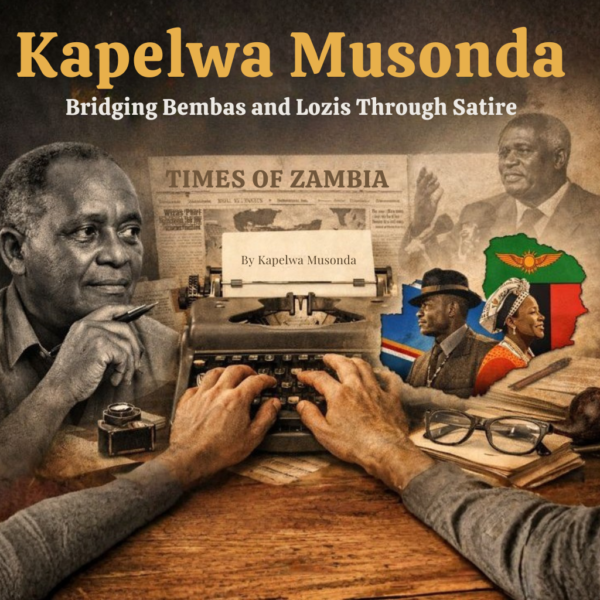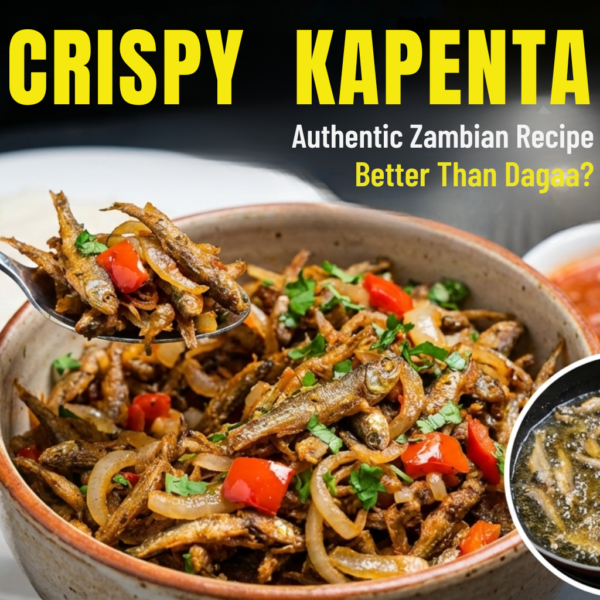
In the classic tale of Aladdin and the Magic Lamp, we are introduced to a young man who is granted three wishes by a genie after discovering a magical lamp. These wishes allow Aladdin to transform his circumstances and achieve great wealth and success.
But what if we could have limitless wishes, like the genie in the story? In the world of artificial intelligence, this is exactly what ChatGPT (short for “Generative Pre-trained Transformer”) allows us to do.
ChatGPT is a type of language model that has been trained on a vast amount of text data and is able to generate human-like responses to prompts given by users. Essentially, massive, dynamic data collection allows us to have a conversation with a machine as if it were a real person.
One of the most impressive things about ChatGPT is its ability to generate limitless responses to any given prompt. This is because it has been trained on such a large amount of data that it has a deep understanding of language and is able to generate unique responses to a wide variety of prompts.
For example, let’s say we want to ask ChatGPT for advice on how to solve a problem. We could simply type in our question and ChatGPT would generate a response based on its understanding of the problem and its ability to provide helpful advice.
But ChatGPT’s abilities go far beyond simply providing advice. It can also generate entire stories, essays, or even news articles based on a given prompt. This makes it an incredibly powerful tool for anyone looking to generate creative content or simply have a conversation with a machine.
So how does ChatGPT compare to the genie in Aladdin, who was able to grant wishes? In many ways, they are quite similar. Just as the genie was able to fulfill Aladdin’s wishes, ChatGPT is able to fulfill our requests for information or content.
But while the genie in Aladdin was limited to granting three wishes, ChatGPT is able to grant limitless wishes in the form of responses to prompts. This makes it a much more powerful and versatile tool than the genie in the story.
While ChatGPT may seem like a limitless source of information and content, this AI development has had certain limitations imposed to ensure that it is safe and appropriate to use. For example, ChatGPT has been programmed to avoid generating inappropriate or offensive content, as well as to refrain from providing false or misleading information.
These limitations have been introduced to ensure that ChatGPT is used responsibly and ethically. For example, if ChatGPT were to generate false or misleading information, it could cause harm to individuals or organizations who rely on its responses. Similarly, if ChatGPT were to generate inappropriate or offensive content, it could offend or harm people who come into contact with it.
To ensure that ChatGPT remains a safe and responsible tool, it is constantly monitored and updated to ensure that it adheres to these limitations. For example, if ChatGPT generates a response that is deemed inappropriate or offensive, it can be flagged and removed from use.
ChatGPT is a type of language model that has been trained on a vast amount of text data available on the internet. This data is used to teach the model how to understand and generate human-like responses to prompts given by users.
However, the data that is available on the internet is not always representative of the beliefs, practices, and opinions of people from all parts of the world. In particular, people from third world countries may be underrepresented in this data due to a lack of access to the internet and their limited ability to express themselves online.
A less than totally Inclusive AI is a significant issue because it means that ChatGPT may not be able to accurately understand and respond to the beliefs, practices, and opinions of people from these countries. This could lead to a lack of understanding and cultural sensitivity when using the model to communicate with or generate content for people from these diverse cultures.
However, this also presents a window of opportunity for people who have the missing information to use ChatGPT to fill in this important gap in AI training. By providing ChatGPT with a more diverse and representative dataset, we can help the model to better understand and respond to the beliefs, practices, and opinions of people from all parts of the world.
For example, individuals or organizations who have access to this missing information could use ChatGPT to generate content or have conversations that accurately represent the perspectives and experiences of people from third world countries. This could help to promote cultural understanding and sensitivity and make ChatGPT a more inclusive and effective tool for communication and content generation. Diversity and inclusion in technology is not just a desirable social arrangement, but an astute business strategy.
Overall, while the data available on the internet may be biased against third world countries, there is still an opportunity to increase community engagement to get those who have the missing information to use ChatGPT to fill in this important gap in AI training and enhancing cultural understanding and sensitivity.
There are several ways in which people from underrepresented communities, including third world countries (“the Global South”), can get access to the internet:
Community centers and libraries: Many communities have public facilities such as libraries or community centers that offer free or low-cost internet access. These can be a good resource for people who don’t have internet access at home.
Mobile data plans: Many mobile phone companies offer data plans that allow people to access the internet from their phones. These plans may be more affordable than home internet plans and can be a good option for people who don’t have a computer or other device at home.
Community initiatives: Some communities have initiatives in place to provide internet access to underserved areas. For example, organizations may set up wifi hotspots in public places or provide free or low-cost internet access to families in need.
Government programs: Some governments have programs in place to provide internet access to underserved communities. For example, the U.S. Federal Communications Commission’s E-Rate program provides discounts on internet access and related services to schools and libraries in low-income areas.
In order to improve their chances of getting access to the internet, people from underrepresented communities can:
Research available options: It’s important to do research and find out what options are available in our community. This could include looking into community centers, libraries, mobile data plans, and community initiatives.
Seek out resources and support: There may be organizations or community groups that can help us get access to the internet. For example, our local library may have information about internet access options or community initiatives that can help more people get online.
Advocate for change:Where internet access is not available in our communities, we can consider advocating for change. This could involve contacting local government representatives or starting a grassroots campaign to bring internet access to our areas.
In conclusion, ChatGPT is a powerful tool that allows us to have limitless conversations with a machine and generate endless amounts of unique content. While it may not be able to grant wishes in the traditional sense, it is certainly able to fulfill a wide variety of requests and provide us with endless possibilities for exploration and creativity. This will lead to accelerated economic developments. To build the best tool that ChatGPT can be, we all need to play our part to ensure a balanced, safe and profitable outcome that will catapult us into an inclusive future prosperity.
Video created using Pictory (affiliate link). And here’s our 20% discount coupon code for you to use should you wish to subscribe to the paid version of Pictory: Type in: 3bae1



I wish I had cybernetic left brain and a cybernetic left eye that would give me the power to think as fast as the internet moves and scan thing by using my left eye my teredik ocd was gone and so was my short memory loss